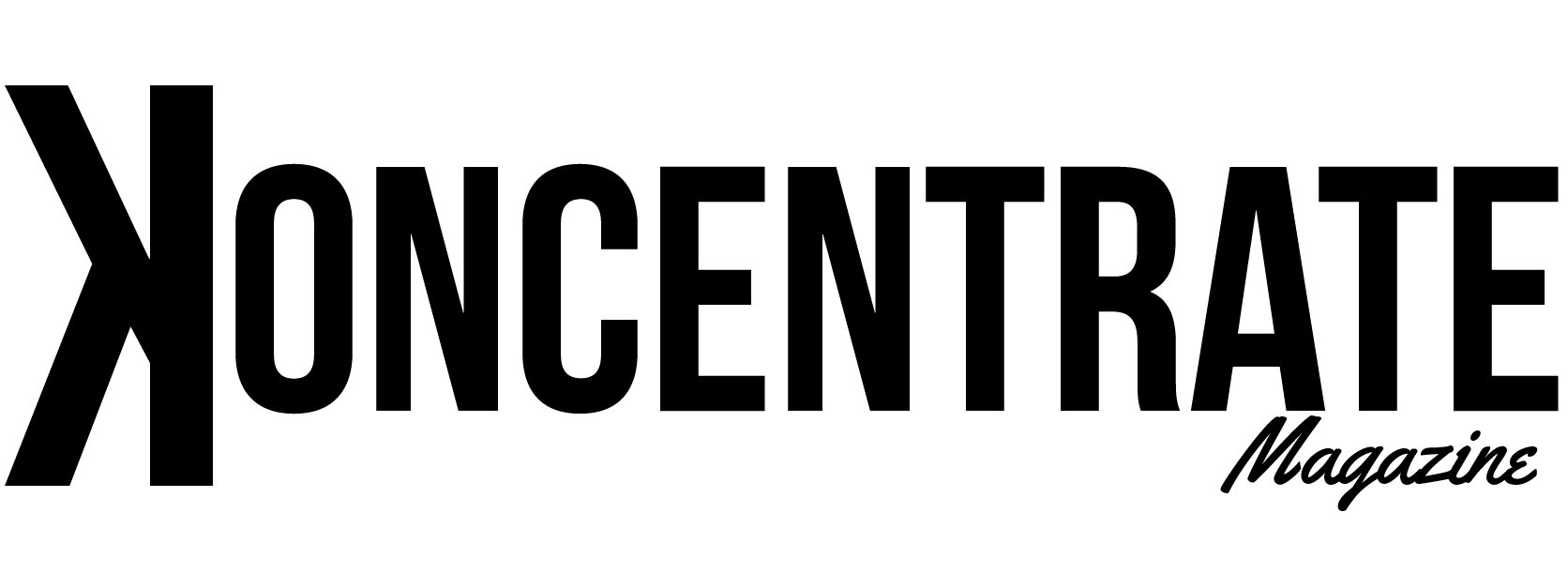16 Aug 5 Ways To Win During Music’s ‘Moneyball’ Moment
A recent data-driven approach to artist discovery from the team at Instrumental has been receiving comparisons to Billy Beane’s statistical approach to building a baseball team. Here we look at five ways those in the music industry can use this approach to their advantage.
________________________
Guest post from the team at Instrumental
This weekend’s Financial Times features Instrumental in an article titled ‘Music’s Moneyball Moment’, which explores the similarities between Billy Beane’s statistical approach to building a winning baseball side and Instrumental’s data-driven artist discovery platform.
Journalist Michael Hann explores a new opportunity available to labels, publishers, promoters, lawyers, managers, accountants and anyone else running a business connected with the music industry – employ a ‘Moneyball’ approach to talent scouting and use data to discover emerging stars with the potential to drive business growth.
For many music executives, letting data lead a creative process is something of an anathema – but Instrumental’s tech has proven its potential. In a year long, head to head with a team of 8 scouts at a major live promoter, our data science beat the team to hot artists by 13 weeks on average (and sometimes by as much as 6 months)!
So how do you get started? Here we share our 5 ways to win from music’s Moneyball moment – a fast track guide to kick-starting a data-driven approach to discovering the next big thing:
1. Prioritise your scouting process
It sounds obvious but in so many music businesses, scouting is bottom of the pile of priorities. It’s an entry-level position. It’s the worst paid job, sometimes done part-time and even by interns. Why? Scouting is prospecting and it feeds the business pipeline. In no other industry in the world would that be neglected in terms of investment in the way it is in music. Change that now – make scouting a priority, elevate the importance internally and hire and incentivise your team in line with their value to the business.
2. Rethink your team’s workflow
Every business is hectic. The day to day pressures of running a label, promoter or publisher mean that time is so rarely given to properly reviewing new prospects and opportunities highlighted by a team of scouts.
The FT article cites Seymour Stein, who when trying to sign Madonna, couldn’t get his boss at Warner Bros to sign off on a deal. Eventually, he had to go to another branch of the company to get it done.
Scouting needs to sit at the heart of the organisation and that means devoting time to reviewing the opportunities which a data-driven approach will surface every day.
3. Find the data that matters most to your business and then focus on that
Which source of data best complements your A&R strategy? Not all data is the same. For example, YouTube has been the key platform in the emergence of the UK’s thriving grime scene, Soundcloud has driven hip hop and Spotify playlists have accelerated the growth of Latin pop. Consider social media too, real audience engagement is best seen on Instagram.
Explore data and metrics that deliver the right artists for you. This is often going to be completely different to the way a rival will approach it. This is about giving time, energy and investment to iterating and adapting the process, not over a few days or weeks, but over years. This is a forever strategy, not a short-term fad.
4. Park your prejudices
So many people judge new artists based on what’s happened before – park that thought now – “no one knows anything”!
We used our A&R scouting platform to unearth Calum Scott’s YouTube ‘bedroom cover’ of Robyn’s “Dancing on My Own”. As Calum had been on a talent show, all labels shied away from offering him a deal. Also, because it was a cover no one believed radio would touch it. However, the data said something else. The audience loved it and when people love something the media follows. So we put the single out ourselves. It’s now topped 250,000,000 streams on Spotify alone, and Calum has signed to Capitol Records.
So let the data highlight exciting and unexpected opportunities that may conflict with what you think is right. Park your prejudices and let the power of the crowd show you the way.
5. Use a tool to cut through the noise
As you can see – making the ‘Moneyball’ method work in music is a proper commitment. It’s not a try it for a week and see how it goes kind of test.
So in order to give all the changes, we recommend above a chance of working, we make one last suggestion. Make use of a tool. We would say that of course, as we’ve built one, but trust us, it’s not humanly possible to cut through the noise manually. There are billions of data points that come together to drive a process like this. You need to use a tool that surfaces perfectly matched prospects every single day and helps you hit your targets.
So let’s talk! If you have any ideas about how Instrumental could help supercharge your approach and solve the problem of scouting in a streaming world, get in touch via hello@weareinstrumental.com OR request a demo.
Powered by WPeMatico


Sorry, the comment form is closed at this time.